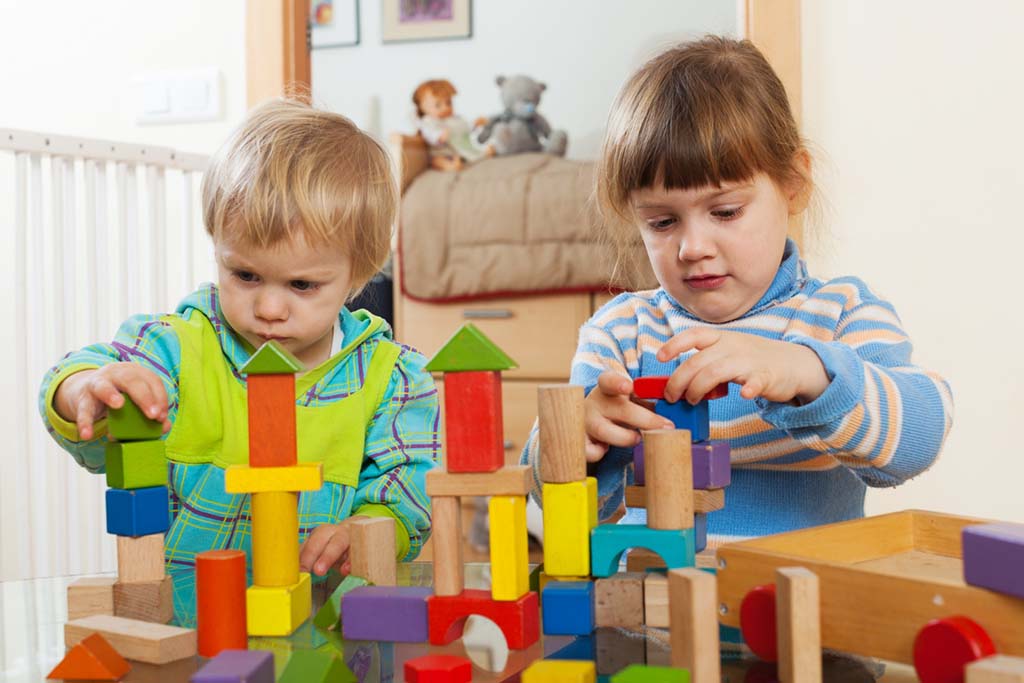Today’s classrooms offer so much in the way of NEW items and high tech gadgets why even consider the classic early childhood staple, the wooden block?
Valid question, however, nothing comes close to being so useful and valuable when teaching several important areas of early childhood development.
Let’s consider the following:
Mathematics.
Block play strengthens concepts and skills and practices. These include length, measurement, comparison, numbers, calculation, symmetry and balance.
Science.
Blocks provide opportunities to test and build on scientific reasoning and theories.
Self-expression.
Blocks provide many ways for young children and dual language learners to explore and express themselves and show what they are learning through languages.
Self-esteem.
By creating, transforming, knocking down, and re-creating children discover that they have ideas and that they can make ideas comes true.
Continuity and permanence.
Playing solo or in group; block creations can stand for an indefinite period of time. They promote spatiality and motor skills.
Imagination.
Preschoolers can follow their own plans, or they can share a friend’s ideas and work together to create something unique. Cooperation.
Development in general.
Block play demands fine and gross motor skills. Blocks enhance children’s problem-solving abilities, mathematics skills, and language skills. Their creations build feelings of success.
Creativity.
Blocks and other loose objects can be rearranged freely to be combined and recombined in endless ways.
Social and emotional growth.
Blocks help children learn manners, taking turns, for example and sharing things. They also foment new friendships; encourage self-reliance, increase attention span and cooperation with others.
Problem solving.
For example, I want to build X. How do I do that? Where do I start? How many blocks are needed? How are they placed? Endless problems need solutions.

